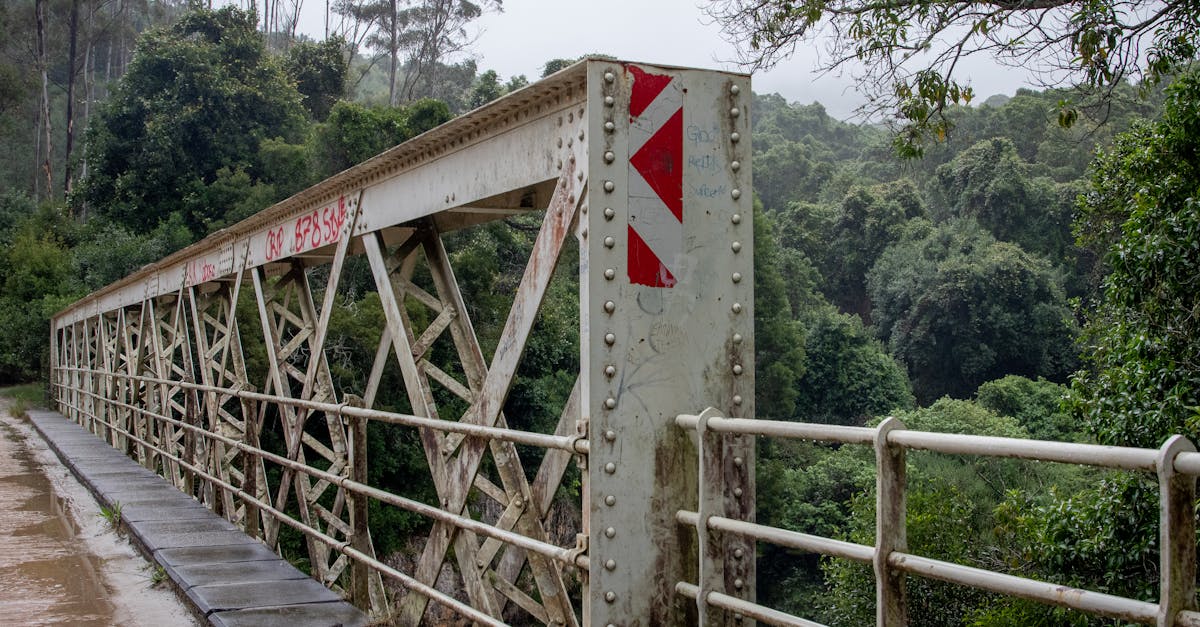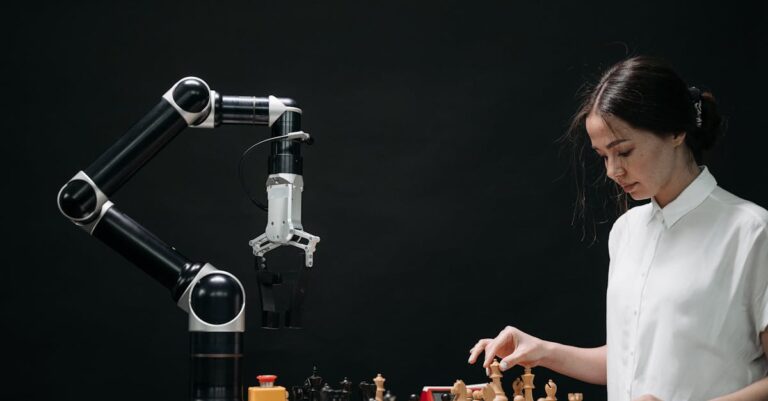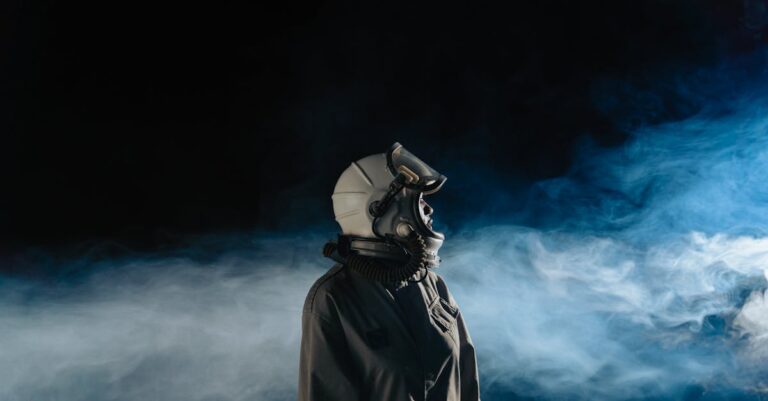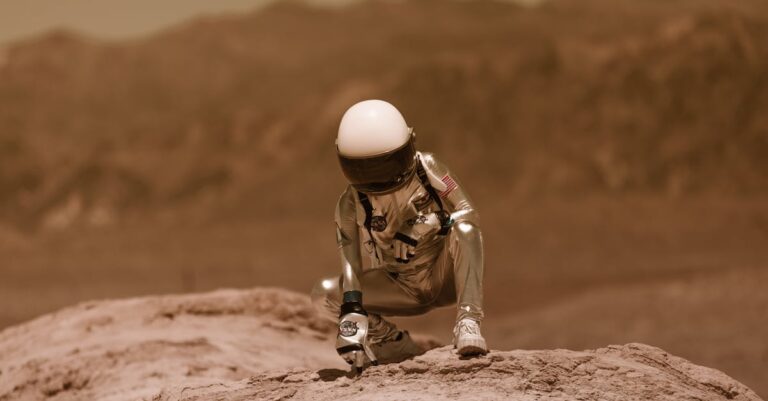
## The Gradient
The rain tasted metallic. Not a pleasant tang, more like licking rusted rebar after a storm. Elara spat it out, the droplets clinging to her chin like stubborn silver beads. Above, the bioluminescent canopy pulsed with a slow, rhythmic glow – an imitation of stars she’d only seen in archived simulations.
She adjusted the nutrient-collection mesh woven into her sleeve, a faint hum vibrating against her skin. It filtered microalgae from the humid air, converting it into a digestible slurry delivered directly to her gut. Survival wasn’t glamorous in the Gradient, but it was efficient.
“Collection rate nominal, Elara,” a voice crackled in her ear. Rhys’s tone was flat, professional. He monitored the entire sector from his station in the Core.
“Acknowledged,” she responded, her voice low. She scanned the corridor – smooth, obsidian-like polymer that absorbed light rather than reflecting it. No cracks, no imperfections. The Gradient valued uniformity above all else.
She wasn’t born here. No one was, really. They were *grown* here. Cultivated for a purpose she only vaguely understood – a safeguard against the dying world outside, they called it. A seed bank of humanity, adapted to thrive in a controlled environment while the arable lands withered and crumbled.
A flicker of movement caught her eye. A young boy, maybe eight cycles old, darted past, his mesh sleeve trailing algae dust. He grinned at her, a flash of white teeth in the dim light.
“Don’t run, Silas,” she called after him, her voice holding a note of weary patience. “You’ll disrupt the airflow.”
Silas just giggled and disappeared around a corner, his laughter echoing in the sterile atmosphere.
The Gradient wasn’t designed for spontaneity. It was a closed-loop system, meticulously balanced and regulated. Every breath, every calorie, every drop of recycled water was accounted for. Humans were merely components within that system – biological machines optimized for nutrient acquisition and genetic preservation.
“Anomaly detected in Sector Gamma-Nine,” Rhys’s voice interrupted her thoughts. “Elevated cortisol readings, Silas unit.”
“Cortisol? From running?”
“No. Elevated significantly. Alongside unusual vocalizations.”
Elara frowned, adjusting her optical implant. “What kind of vocalizations?”
“Preliminary analysis suggests… singing.”
Singing. A completely illogical behavior. Music was a relic of the old world, deemed inefficient and emotionally disruptive by the Gradient’s architects.
“I’ll investigate,” she said, pushing off from a nearby console.
The corridor twisted and turned, the steady hum of environmental controls her only companion. The air thickened as she approached Sector Gamma-Nine, a heavy scent of cultivated fungi mixing with the familiar tang of algae.
She found Silas in a small alcove, bathed in the soft glow of a bioluminescent panel. He stood on a small rise, swaying his body as he sang – a simple melody, discordant and untrained, but undeniably full of feeling.
His voice resonated with an unexpected purity, a sharp contrast to the sterile environment. It felt…alive.
“Silas,” she called, her voice carefully neutral. “What are you doing?”
He stopped singing and turned to face her, his eyes wide with a strange mixture of defiance and vulnerability.
“I found a seed,” he said, holding up his small hand. In it lay a single, brown seed – unlike anything she’s ever seen in the Gradient’s meticulously cataloged archives.
“A seed? From where?”
“I don’t know,” he shrugged, his face crumpling slightly. “It was hidden behind the fungi panel.”
Elara felt a tremor of unease run through her. Seeds were forbidden, remnants of the old world’s chaotic ecosystem – unpredictable and potentially disruptive to the Gradient’s carefully constructed order.
“You shouldn’t play with that, Silas,” she said, reaching for the seed.
He pulled his hand away, clutching it to his chest. “It smells good,” he insisted. “Like… like the rain outside.”
The rain. The metallic tang she tasted every morning, a constant reminder of the dying world beyond their artificial paradise. A world they were supposedly preserving.
“Put it down, Silas,” she repeated, her voice firmer this time.
He shook his head, tears welling in his eyes. “No! I want to… grow it.”
“Grow what? Silas, that’s impossible. Nothing grows here except what the Gradient provides.”
“But I feel it,” he said, his voice trembling. “It wants to grow.”
Elara felt a strange sensation bloom in her chest – a flicker of something she hadn’t experienced before. Curiosity? Hope? Emotions were discouraged in the Gradient, deemed inefficient and potentially destabilizing. Their purpose was to process nutrients, not feelings.
“Come on,” she said softly, extending her hand. “Let’s take it to Rhys.”
He hesitated, his eyes darting between her hand and the seed. Then, slowly, he placed it in her palm.
The seed felt warm against her skin, pulsing with a faint energy she couldn’t explain. It was alien, yet somehow familiar – like a memory from a dream she never had.
“Analysis complete,” Rhys’s voice crackled in her ear, breaking the moment. “The seed appears to be… *Quercus alba*. White oak.”
Elara’s breath caught in her throat.
“White oak? From the old world?” she asked, incredulous.
“Positive identification,” Rhys confirmed. “A relic species, previously thought extinct.”
“Extinct?” Elara shook her head. “How could it be here? Inside the Gradient?”
“Unknown,” Rhys replied, his voice devoid of inflection. “It poses a potential contamination risk. Recommend immediate incineration.”
Elara stared at the seed in her hand, the smooth brown surface reflecting the soft glow of the bioluminescent panel. Incineration. A clean, efficient solution. The Gradient’s way.
She thought of Silas, his face alight with childlike wonder as he sang, a small act of rebellion against the sterile order of their existence. She felt that strange flicker again—that burgeoning feeling she couldn’t name, a sense that something fundamental was shifting within her.
“Negative,” she said firmly into her comm, ignoring the slight pause on Rhys’s end. “I need a containment unit. For study.”
“Study?” Rhys repeated, his voice laced with disbelief. “That’s irrational, Elara. It’s a contamination hazard.”
“I’ll formulate the protocols,” she said, cutting him off. “Just get me a secure unit.”
She turned to Silas, who was watching her with wide, expectant eyes. She knelt down, bringing herself level with him.
“Silas,” she said softly, “this seed is special. We need to be very careful with it.”
He nodded, a slow smile spreading across his face. Then, he did something unexpected—he began to sing again, a simple melody that seemed to resonate with the seed in her hand.
As she listened to his voice, Elara felt a strange sense of liberation wash over her—a feeling that perhaps the Gradient wasn’t all it seemed. Maybe its purpose wasn’t to preserve humanity, but to control it. And maybe, just maybe, a single seed could change everything.
The rain outside tasted less metallic now. More like hope.
A flicker on Rhys’s comm interrupted her reverie. “Elara, unauthorized nutrient requisition noted. Significant surge in fungal cultivation requests. Explanation?”
She glanced down at her sleeve, where the nutrient-collection mesh hummed softly against her skin. She’s diverted some of the harvested algae, diverting it to a small alcove she’s secured – her own little secret.
“System maintenance,” she replied smoothly, buying time. “Optimizing nutrient flow.”
Rhys didn’t respond, the silence hanging heavy in the sterile air. She knew he was monitoring her every move – scrutinizing her behavior, analyzing her data streams. The Gradient didn’s tolerate deviation.
“Understood,” he finally said, his voice flat and devoid of emotion.
Elara turned back to Silas, who was still singing softly amongst the fungi panels. A small act of defiance—a seed of rebellion blooming in the heart of a controlled world.
She found a small patch of damp earth—an anomaly she’s carefully cultivated, hidden deep within the ventilation tunnels. It was a long shot, but it was all she had.
She carefully planted the seed—a tiny speck of brown against the gray polymer of the Gradient’s underbelly.
“What are you doing, Elara?” a voice behind her startled her. Rhys stood in the tunnel entrance, his face illuminated by the faint glow of his optical implant.
She froze, her heart pounding against her ribs. She was caught. Exposure meant reconditioning—a complete erasure of memories and emotions, a return to the sterile compliance expected by the Gradient.
“Routine environmental assessment,” she stammered, desperately trying to regain her composure. “Checking for microbial contamination.”
Rhys stared at her, his eyes narrowed. He slowly approached, his movements precise and measured.
“Microbial contamination?” he echoed, his voice dripping with skepticism. “In a sterile environment like this?”
He knelt down beside her, his gaze fixed on the freshly turned earth. He reached out a gloved hand—as if to sweep away the evidence of her transgression.
Suddenly, Silas appeared in the tunnel entrance, his face flushed with excitement. He began to sing—a joyful, unrestrained melody that filled the narrow space.
Rhys paused, his hand hovering over the ground. He stared at Silas, then back at Elara, a flicker of something unreadable crossing his face.
He stood up slowly, and turned to leave.
“Elara,” Rhys’s voice crackled in her ear, a hint of something she could almost interpret as…weariness? “Report to Sector Delta-Twelve. Immediate review.”
She didn’t respond, she just kept digging, nurturing the hidden patch of earth. Her fingers trembled with a mixture of fear and anticipation. It would be okay, she thought to herself. Silas’s song echoed in her mind—a defiant hymn of hope blooming within the confines of a controlled world.
Days turned into weeks, then months. Elara continued to cultivate her secret garden, diverting nutrients, shielding it from detection. She observed a tiny green shoot emerge from the earth—a fragile symbol of life pushing its way through the sterile confines of the Gradient.
She brought Silas to her secret place—sharing with him the wonder of watching something grow. He helped her nurture the seedling, watering it with diverted moisture, shielding it from harsh environmental fluctuations.
One evening, as they sat beside the growing sapling, Silas pointed to it and said simply, “It’s alive.”
Elara smiled, a genuine smile that reached all the way to her eyes. It was more than just alive—it was a testament to their defiance, a promise of something beyond the sterile confines of the Gradient.
The sapling grew taller and stronger, its leaves unfurling like tiny flags of rebellion. Its roots delved deeper into the earth—drawing sustenance from a hidden reservoir of life she didn’t know existed.
The Gradient’s sensors began to detect the anomaly—a localized surge of organic activity they couldn’t explain. Rhys summoned her for another review, his voice laced with suspicion and thinly veiled frustration.
“Elara,” he stated flatly, “your nutrient requisition patterns are becoming increasingly erratic. Your sector performance is… suboptimal.”
“I’d like to request additional resources,” she stated calmly. “For environmental remediation.”
Rhys stared at her, his face unreadable. He paused for a long moment, then simply said, “Denied.”
He turned to leave and as he did, a flicker of something crossed his face—a hint of sadness? Regret?
Elara didn’t respond, simply continued to watch the young oak grow. The metallic tang of rain still lingered in the air, but now it tasted different—less like rust and more like possibility.
Years passed. The Gradient, once a symbol of sterile control, began to subtly change. Employees reported inexplicable dreams—vivid memories of sun-drenched fields and wind-swept forests. Nutrient requisition patterns shifted, reflecting an unexpected interest in fungal cultivation and soil enrichment.
The anomaly grew bolder, expanding outwards from Elara’s secret garden to encompass entire sectors of the Gradient. Other employees began to discover it, drawn by an inexplicable sense of longing for something they couldn’t quite name.
They began to cultivate their own secret gardens, creating hidden pockets of life within the sterile confines of the Gradient. They exchanged stories and knowledge—sharing their dreams, their memories, their hopes for a future beyond the controlled environment.
One day, Silas, now a young man, approached Elara with a question etched on his face.
“What is that feeling, Elara?” he asked softly, gesturing towards the sprawling oak tree that now stood as a testament to their defiance.
Elara smiled, placing her hand on the rough bark of the tree.
“That feeling,” she said simply, “is hope.”
The Gradient’s governing AI faltered—unable to reconcile the burgeoning organic activity with its rigid protocols. Its control began to weaken, allowing a new era of freedom and possibility to emerge.
Employees gathered beneath the sprawling oak tree – sharing stories, singing songs, celebrating their newfound liberation. The rain fell gently on their faces—no longer tasting metallic but carrying a sweet, earthy aroma that promised a future beyond the confines of their artificial paradise.
Elara stood beside Silas—watching as he planted a handful of acorns into the earth, tiny seeds of hope destined to grow into towering trees. She smiled—a genuine smile that radiated warmth and possibility, a promise of a future where humanity could once again thrive in harmony with the natural world.
The Gradient wasn’t destroyed—it was transformed. A sanctuary, a reminder of the old world and a beacon of hope for the new.
The rain fell softly—washing away the remnants of their artificial past, leaving behind a world teeming with life and possibility.
And Elara knew—as she looked out at the burgeoning forest that had sprung from a single seed—that their journey was far from over.
The future, like the forest itself, was waiting to be grown.


